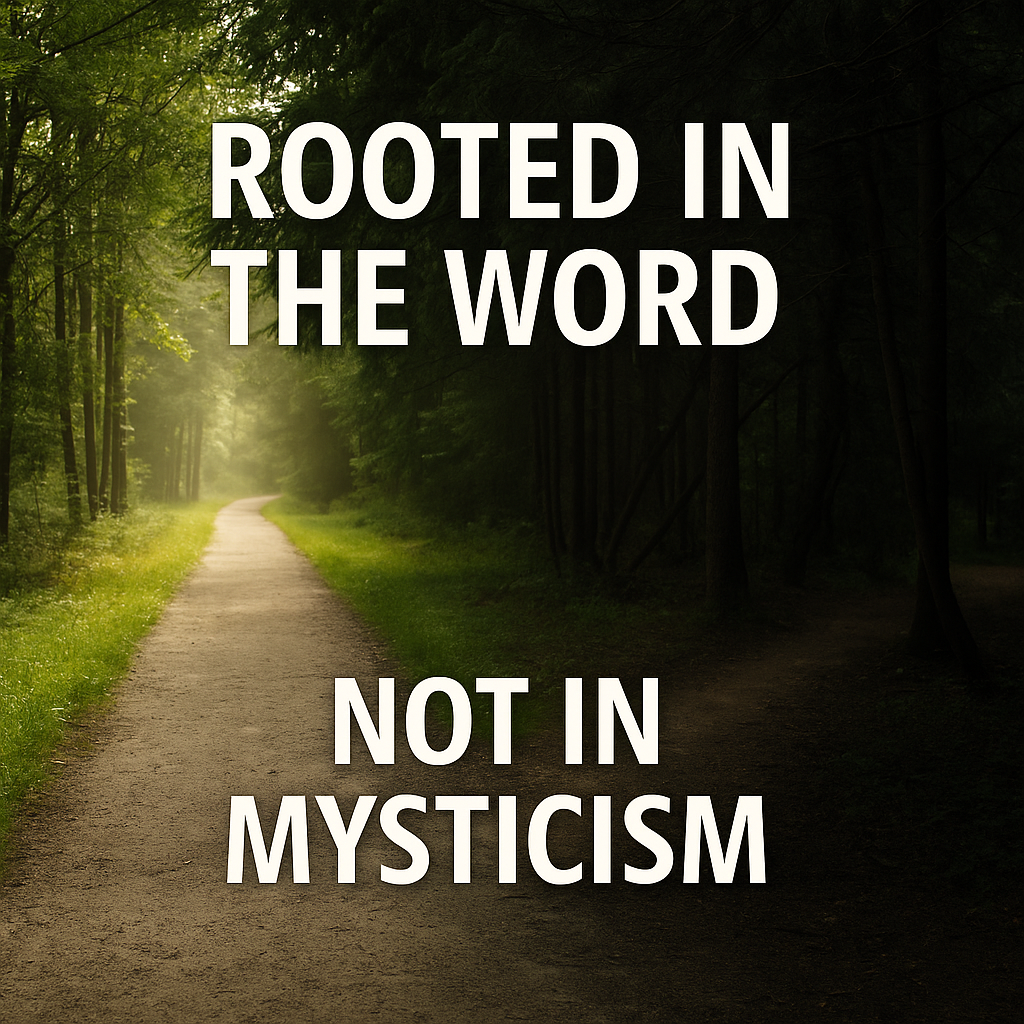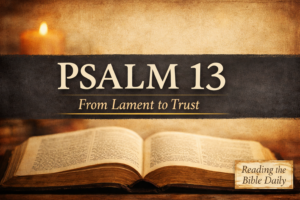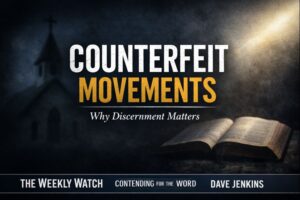⏱️ Estimated Reading Time: 3 min read
Contemplative Spirituality and the Danger of Mystical Practices
Question
What is contemplative spirituality and why is it dangerous?
Introduction
Contemplative spirituality has become a trend in churches, Christian publishing, and spiritual formation circles. From prayer labyrinths to centering prayer, from Richard Foster’s Celebration of Discipline to modern voices promoting silence and solitude as a way of experiencing God, these practices are often marketed as paths to deeper spirituality.
The question is whether these practices are truly biblical, or whether they serve as a subtle doorway to deception.
What Is Contemplative Spirituality?
Contemplative spirituality is a movement that borrows from Roman Catholic monastic practices, mysticism, and even Eastern religions. Common features include:
- Centering prayer, repeating a word or phrase to empty the mind
- Prayer labyrinths, walking symbolic patterns intended to feel closer to God
- Breath prayers and silence, techniques resembling New Age meditation
- Seeking direct experience of God apart from His Word, pursuing encounter through methods rather than Scripture
While these practices claim to enrich a believer’s walk with God, they shift the focus from God’s revealed truth to subjective experiences.
Why It Is Dangerous
- Undermines the sufficiency of Scripture, suggesting the Bible is not enough so mystical practices are needed to know God (2 Timothy 3:16–17)
- Blurs the gospel, moving the focus from Christ’s finished work to personal experience
- Opens the door to false teaching, many methods are rooted in pagan or New Age traditions (Colossians 2:8)
- Replaces prayer with technique, turning prayer into a formula rather than communion with the Father through Christ by the Spirit
- Confuses holiness with experience, Scripture calls believers to holiness by the Spirit not emptying the mind or repeating mantras
A Biblical Response
- True prayer is grounded in God’s Word, Jesus modeled Scripture driven petitions (Matthew 6:9–13)
- Meditation is filling the mind with truth, biblical meditation delights in and reflects on God’s Word (Psalm 1:2)
- Spiritual growth comes by the Spirit, God sanctifies His people through His Word and Spirit (John 17:17; Galatians 5:16–25)
- Christ is enough, believers already have direct access to God through Jesus Christ our great High Priest (Hebrews 4:14–16)
Conclusion
Contemplative spirituality may appear attractive under a Christian label, but it borrows from unbiblical sources and undermines the sufficiency of God’s Word. The real danger is that it draws hearts away from Christ and toward self centered experience. Instead, Christians are called to prayer, meditation, and worship that are rooted in Scripture and empowered by the Spirit.
“Therefore, as you received Christ Jesus the Lord, so walk in Him, rooted and built up in Him and established in the faith, just as you were taught.” (Colossians 2:6–7)
For more from Contending for the Word Q&A please visit the page at Servants of Grace or at our YouTube.
Dave Jenkins is happily married to his wife, Sarah. He is a writer, editor, and speaker living in beautiful Southern Oregon. Dave is a lover of Christ, His people, the Church, and sound theology. He serves as the Executive Director of Servants of Grace Ministries, the Executive Editor of Theology for Life Magazine, the Host and Producer of Equipping You in Grace Podcast, and is a contributor to and producer of Contending for the Word. He is the author of The Word Explored: The Problem of Biblical Illiteracy and What To Do About It (House to House, 2021), The Word Matters: Defending Biblical Authority Against the Spirit of the Age (G3 Press, 2022), and Contentment: The Journey of a Lifetime (Theology for Life, 2024). You can find him on Facebook, Twitter, Instagram, Youtube, or read his newsletter. Dave loves to spend time with his wife, going to movies, eating at a nice restaurant, or going out for a round of golf with a good friend. He is also a voracious reader, in particular of Reformed theology, and the Puritans. You will often find him when he’s not busy with ministry reading a pile of the latest books from a wide variety of Christian publishers. Dave received his M.A.R. and M.Div through Liberty Baptist Theological Seminary.




